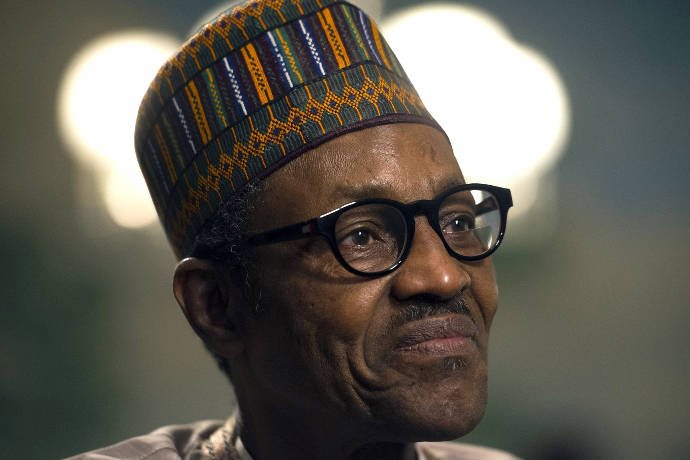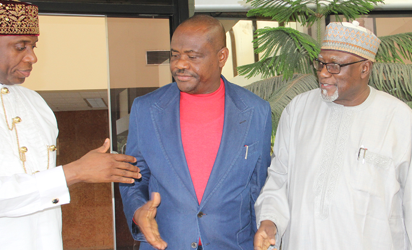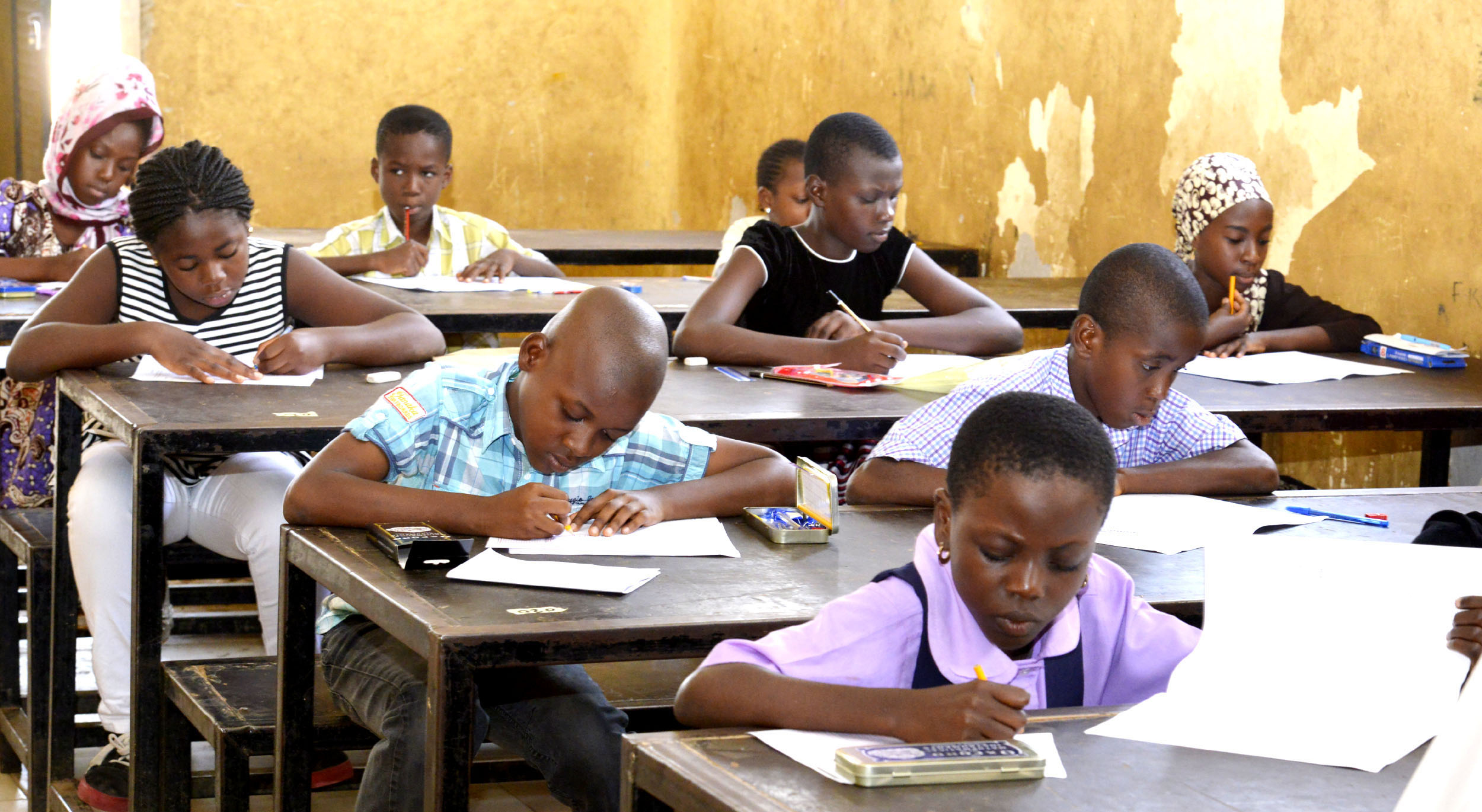As misery index – an economic indicator used to measure citizens’ welfare and a function of inflation and unemployment – worsens in Nigeria, crime and weird behaviour are bound to increase.
Incidences of weird behaviour, as a result of hardship, are all over the news. The other day in Asaba, a 37-year old man dumped his father’s corpse in a septic tank in his backyard. Mr. Chukwuma Udenwa, a skilled bricklayer, says he doesn’t have the money to conduct a funeral for his late father.
There is no doubt that hardship has exacerbated the upsurge of crime in major cities in Nigeria. For instance, kidnap cases have increased in Lagos State – a state that was not known for kidnaping. The high profile kidnap of the Lagos monarch, Oniba of Iba Town, is a good example.
Surprisingly, in a knee jerk reaction, the government has proposed a ‘para-military’ brigade to solve these problems.
Advertisement
A few days ago, the government relaunched the War Against Indiscipline (WAI) in Abuja. The Director General (DG) of the National Orientation Agency (NOA) believes this brigade will help check the increasing spate of crime in the country by enhancing civil intelligence gathering.
The tendency of an ill-trained ‘para-military’ brigade to abuse the rights of Nigerians, in the guise of gathering intelligence and enforcing law and order, cannot be overemphasized. The DG’s reference to Buhari’s 1983 WAI brings back these memories.
But this is actually not the point of this discourse. One wonders if the government has run out of ideas and has forgotten that such brigades – no matter how nicely we try to explain their duties – is an aberration in a democracy.
Advertisement
Coincidentally, SBM Intelligence, a global think tank, in its August research note, provided a number of suggestions on how government can improve the nation’s security architecture.
The think tank noted two problems which might have contributed to the worsening state of insecurity in the country: the worsening economic conditions in the country and the seeming exclusion of some ethnic and tribal groups in the running of the country.
While the government works on these fundamental problems, it is important to note some complementary suggestions from SBM Intelligence.
SBM Intelligence advised government to speed up its police reform. And of course, begin the process of initiating state and local police. It is important to note that a brigade is not an alternative to a state police.
Advertisement
On intelligence gathering – a job the NOA wants to partly delegate to the WAI brigade, the think tank re-echoed what has been said by many analysts. It suggested that the DSS should be better funded, trained and equipped. There is no gainsaying that the DSS has its job cut out for it in this recession.
SBM Intelligence also noted that Nigeria had a culture of using its military might in cases that police intervention would ordinarily have been sufficient. It suggested that a better equipped and motivated police force would help the government stop this abnormality.
Besides Nigeria’s military is already overstretched. Nigeria, SBM Intelligence noted, has the lowest military to civilian ratio in the world – 9 officers for every 10,000 civilian. Even Syria has a ratio of 195 officers for every 10,000 citizens. And apart from the low military to civilian ratio, SBM Intelligence noted that the issue of equipment continues to pose a big problem to the effectiveness of the nation’s military.
On a final note, one hopes this recession does not reverse the modest gains the country has made in terms of security and healthcare: the resurgence of Polio in Nigeria and the increased kidnaping, which was checked some years ago, are frightening.
Advertisement
Views expressed by contributors are strictly personal and not of TheCable.
Add a comment







